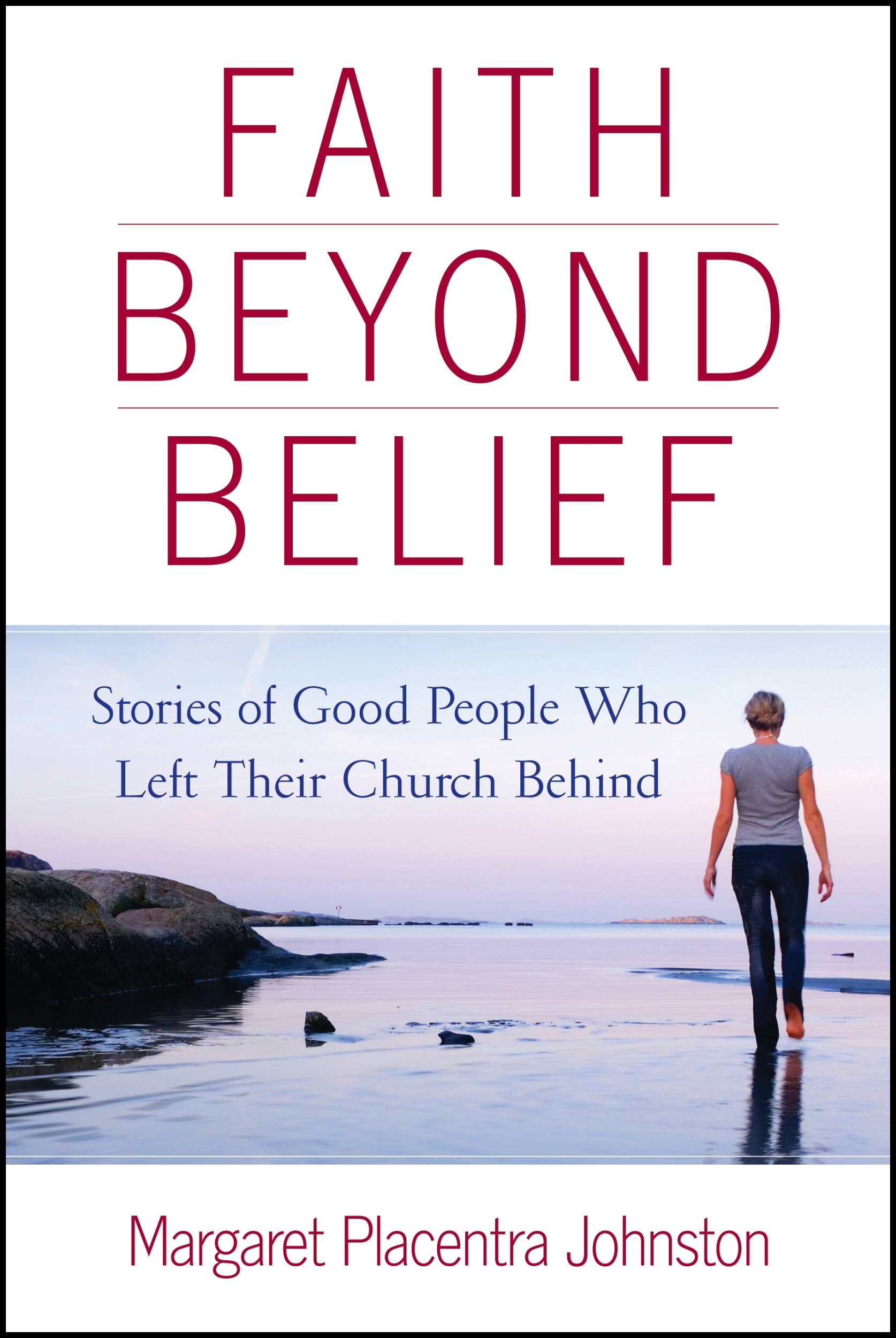Today this question came through to me from AllExperts.com. I put a lot of thought into my response, so I thought I’d share it here.
QUESTION: Dear Margaret,
5 years ago my wife passed away. Christian mythology, which has lasted 2000 years and been supported by some very wise people, promises if I only believe Jesus was God and rose from the grave I will be able to join my beloved in the afterlife and be with her forever. What does atheism have to offer that is even close to that? Nevermore?
That is quite a tempting carrot!
ANSWER: Hi John,
I am so sorry for your loss of your wife. You must love her very much to be still hoping to meet with her in the afterlife.
I am neither an apologist for atheism, nor for Christianity or any other religion. The type of light I try to shed on the matter is that full truth requires we examine belief issues with a larger lens. If the teachings of Christian mythology bring you comfort in life, that is a very good thing. But that does not make them any more true than the teachings of any other religion. How do you know your wife has not already been reincarnated, and is living right under your nose as one of your grandchildren? (Look around. You may be surprised.) That thought might bring comfort to someone in the Eastern religions. But does the fact that it might bring them comfort make it true? Could one answer about the afterlife be true for Buddhists, and another be true for Christians? I don’t know the answer to that.
Humanity is way older than 2000 years, and what would have been the source of comfort for people born before Jesus? If Jesus is the only way to salvation, how would people born before him have been “saved” –if indeed “salvation” is even necessary? How about all the people still being born in parts of the world where Christianity is unheard of? Would you even want a God that would exclude all those other people from the same benefits you claim to deserve?
The point is, some atheists are way too simplistic in their refutation of religion. People from every civilization in every century, in every part of the world have sought to connect to something greater than themselves in some way or another—every culture has formed some kind of religion. We should have respect for this very human need, and not make fun of people for their beliefs.
But – far, far too many religious people are what we call “triumphalist” about their beliefs: “Ha! We have the right beliefs, and all the others don’t.” This is also far too simplistic. And because it’s in the Bible doesn’t make it true. You can’t justify an existential truth with logic or “proof” that comes from within one religion, and that only applies to a relatively small part of humanity.
Moreover, religious triumphalism is a definite sign of one particular form of spiritual immaturity. It seeks to exclude some people from the grace of the God they say loves everyone. Spiritual development theorists tell us the more we can include within our level of concern, the more we feel a part of, the more spiritually mature we are. In this sense, a spiritual seeker, or a spiritual but not religious person can be more mature than someone who believes only one individual religion, or insists only his religion is right.
If there were only one “right” answer, there would only be one religion the world over. The more we interact and communicate globally, the more access we all have to information from religions all over the world. No longer can we honestly bask in provincial understandings typical of people who have never been exposed to more than one culture.
The more we learn about the belief systems of other cultures, the more we learn to recognize that each was created by humans to address a universal human need to connect with something greater – to transcend the self. …and in some cases to provide answers about the meaning of life. But taking a step away for greater perspective, we must admit that our individual belief systems are localized expressions of a universal human need; we must admit to the falsity of viewing any individual one as the “one, true religion.”
But instead of disclaiming all religions as false, we should learn to appreciate each religion as a localized cultural “tradition,” of value for the sense of community, continuity, and coherence it brings into the lives of its adherents, not so much as a statement of existential truth.
Though—annoyingly, and almost amusingly—many religions claim to contain existential truth, we must learn to free them of this onerous responsibility. We must also free atheists from the responsibility of refuting the truths our religions proclaim. It is a responsibility neither will never be able to meet. Neither will ever be able know for sure how we got here, and what lies beyond this life.
In the meantime, we should allow those who benefit from religion to enjoy it (if only they would stop preaching and trying to “save” outsiders!!) and those who don’t need it to live free from the expectation that they should be converted.
I wish you well on your religious and spiritual journey. Peace and blessings to you.










